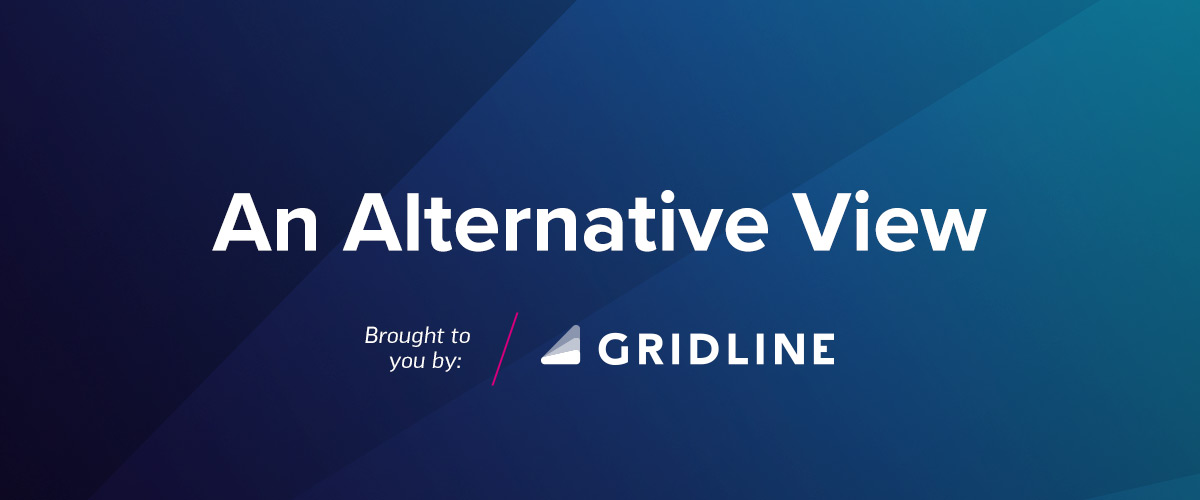This week we sat down with Phil Herget and Phil Bronner of Ardent Venture Partners. Ardent is a DC-based, early-stage venture firm and an investor in Gridline.
Sixteen months ago, Phil Herget published a widely shared Medium article on lessons learned from venture investing during the financial crises of 2001 and 2008.
Now that we appear to be in the wake of the most glaring market corrections, we wanted to look back at some of these predictions and the road ahead. A few key takeaways:
- Just as we saw after the 2008 recession, the drop in public equities has severely impacted valuations set during the period of irrational exuberance of 2020-2021 and investors and founders alike have largely returned to business fundamentals.
- While we’re still in a period of uncertainty, this dynamic creates a lot of opportunity for investors. Early-stage technology innovation has continued. And there are rumblings of a potential pop in the IPO market – corporations are sitting on a lot of cash and have an opportunity to take advantage of this correction.
- Underneath the market hangover, there are great companies out there, especially software companies, who are innovating efficiently and are in a strong position to raise money in this recalibrated environment, especially in sectors of the market where you see a lot of excitement such as generative AI.
- Multi-billion dollar venture funds are sitting on portfolios with valuations that haven’t had to go through the reality check of being marked post-correction, and this will have significant impacts on their performance and potentially how institutional investors think about effectively deploying capital at the seed through Series C stage.
- Emerging venture managers and smaller venture funds, however, have been, and still are, uniquely positioned to find and support high-potential founders because of their sector expertise and network, especially with large corporate partners – often the most critical factor to early stage success for technology companies, given that they are often inherently more capital efficient.
We are starting to see the green shoots of even large institutions refocusing on emerging venture managers this week with CalSTRS, the $321 billion pension plan, reaffirming its commitment to emerging managers through a partnership with Sapphire Partners.
Whether individuals are managing their investments independently or relying on wealth managers, it’s doubtful that they are maximizing their investment potential via a limited set of opportunities. At Gridline our focus is helping investors build diversified portfolios of active managers across both emerging managers and larger players.
-Logan Henderson, Founder and CEO
Investment Opportunities
To view and download full details of the funds on our platform and in future emails like these, visit app.gridline.co/signup and answer a few quick questions that allow us to verify your identity and learn about your allocation strategy. There is no cost or commitment to create an account on Gridline.
Worth a Read

Superior Outcomes Through Mechanism Design in Private Markets
The mechanisms used align the interests of the GPs and LPs, leading to mutually beneficial outcomes. Read more.
Platform Update
Gridline is excited to announce our approval as a member of The Depository Trust & Clearing Corporation (DTCC) Alternative Investment Products (AIP) suite of services.
Traditionally, reporting on alternative investments relied on manual methods like hardcopies, emails, phone calls, and spreadsheets, leading to error-prone processes and hampering industry growth.
By standardizing the industry’s communication standards, AIP seamlessly connects fund managers, administrators, and custodians through automated trade order initiation, settlement, and post-trade reporting, boosting efficiency, reducing risks and lowering costs.
Membership to the AIP is another evolution of Gridline’s mission to enable a more efficient and scalable alternative investment industry.

